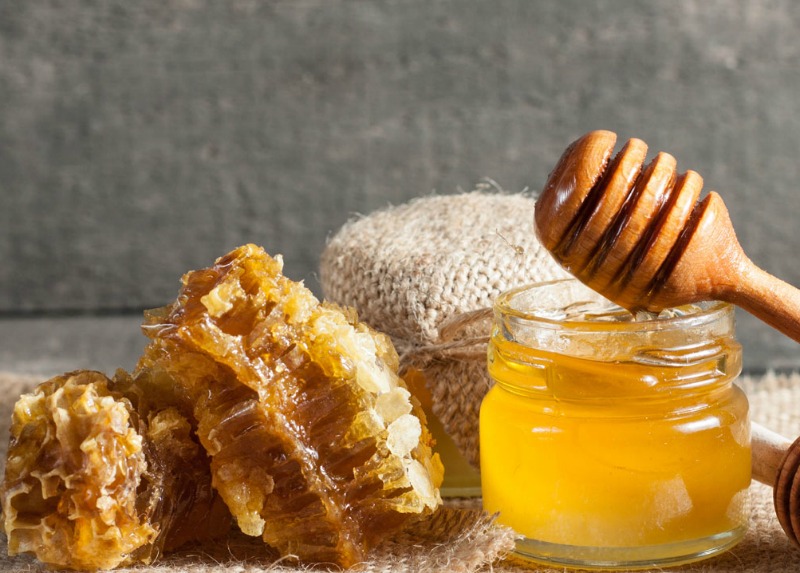No need for Zim to import honey
ZIMBABWE should not be importing honey as it has the best vegetation and climatic conditions to produce the commodity in enough quantities to satisfy the local market and even have excess to export, an expert has said.
Bulawayo entrepreneur, Mr Welcome Bhila, who is also chief technical director of local honey-producing firm, Bee’s Honey, said the beekeeping industry had potential to contribute immensely to the country’s Gross Domestic Product.
“This is one industry that has been neglected but can actually earn some foreign currency for the country and create serious jobs for the rural and urban folk,” he said.
“There is a lot of value-addition that can be done from beekeeping as most of the products you get from beekeeping are used in the cosmetology industry. We can make wines, ciders, beers, soaps and lotions from honey.”
Mr Bhila said his company had signed a contract with the Department of Employment Services under the Ministry of Public Service, Labour and Social Welfare to train 500 communal farmers in beekeeping in Umguza District, Matabeleland North province.
He said the contract was signed in October last year and the programme was called Umguza Apiculture Employment Promotion Programme (UAEPP). The training was already underway, with 375 farmers having already completed the course.
Since the company was formed in 2016, it has trained over 3 000 farmers and distributed over 5 000 beehives.
Models of bee-hives for the bee-keeping project in Umguza District
“Bee’s Honey Company has been contracted by the Ministry of Public Service, Labour and Social Welfare to train 500 beekeepers under their Department of Employment Services and Promotion (DESP),” said Bhila.
“They came up with this programme after realising that most people in rural areas rely on hand-outs and even job opportunities are rare to come by. This is also in line with the Sustainable Development Goal Number 1 (No poverty) and Number 8 (Decent work and economic growth).”
The first phase will see 500 beekeepers being trained, and equipped with beehives and all the other necessary equipment. As the technical consultant, Bee’s Honey Company is in charge of the training, supply of all the necessary equipment, monitoring of the project and buying of all the honey produced.
The project will be implemented from Ward 9 to Ward 19 of Umguza District.
Meanwhile, Mr Bhila said the company was failing to supply the market with honey and the project was an opportunity to increase its source of the product.
“We are expecting around 22 tonnes of raw honey per season at 100 percent of the project. The project must train and equip 10 000 farmers in the next three and half years,” he said.
Beekeeping provides a source of livelihood for many people in disadvantaged communities. There are quite a number of advantages associated with beekeeping, including pollination, which is very important for food security, honey, beeswax and other bee products which sell and fetch good money on the markets.
Honey
Lately, there has been an increase in demand noted for honey as consumers now prefer it than other sweeteners because of its nutritional and medicinal values. — New Ziana











